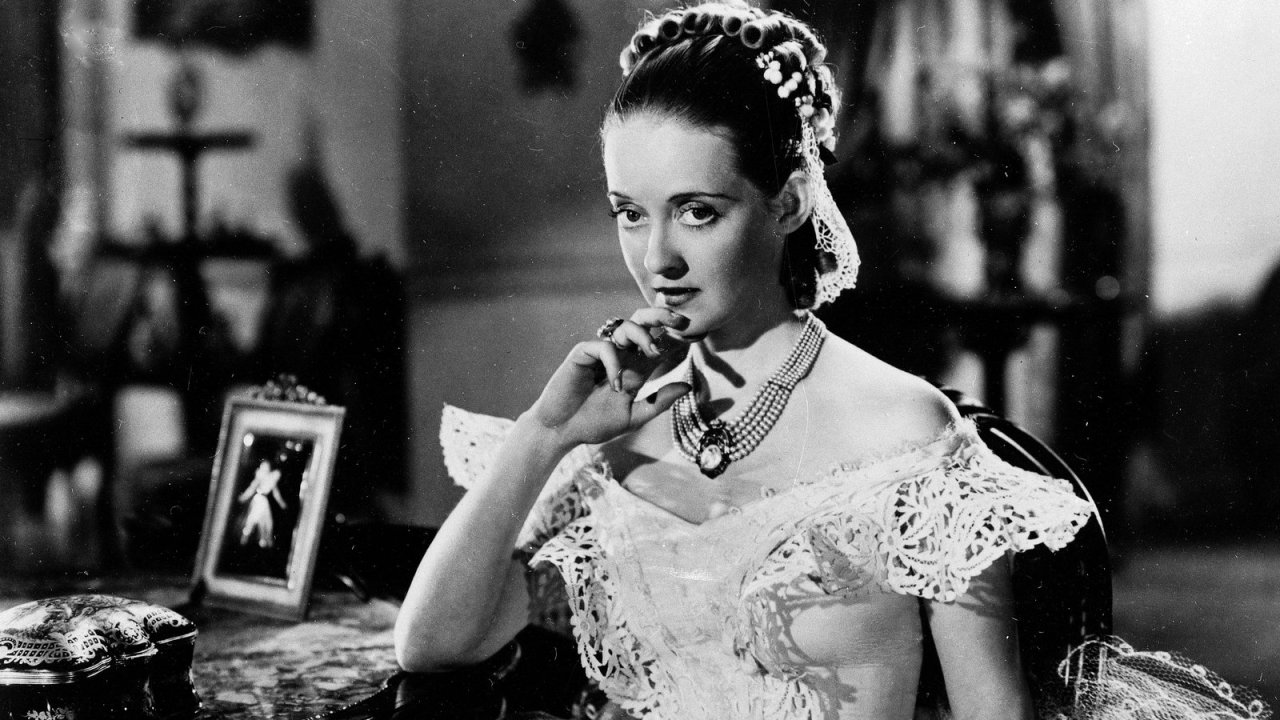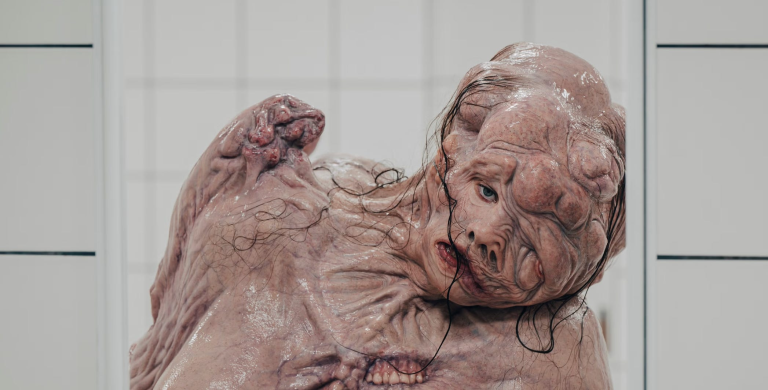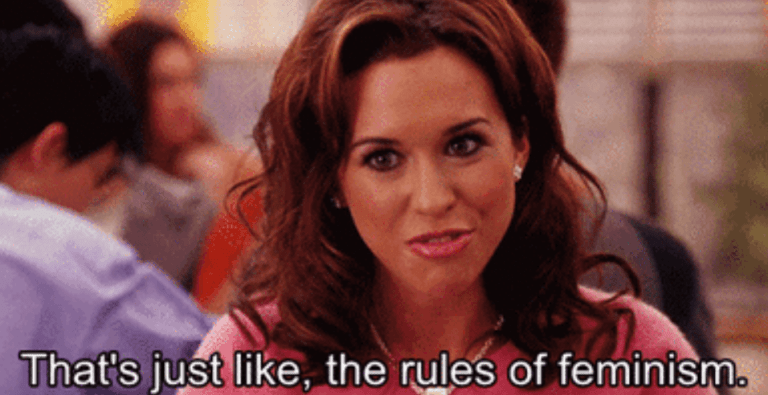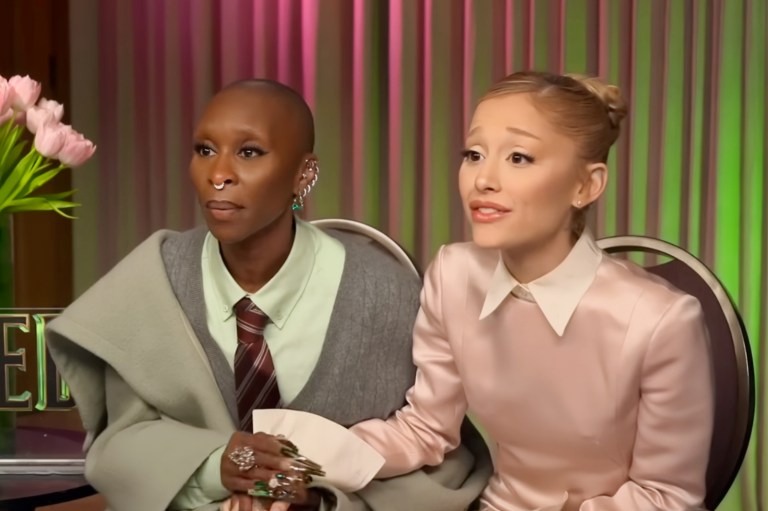
The Oscar-Winning Movie That Changed Hollywood Forever Is Now On Max
Though it may be problematic, this classic Hollywood movie shaped the film industry forever.
As God is my witness, I’ll never be hungry again. Tomorrow is another day.
In addition to sounding like Insta captions accompanying a white influencer doing handstands at a sacred Shinto temple in Japan, these are quotes from the famous Civil War movie Gone with the Wind. However, may I present to you a sassier and perhaps more versatile quote from another Civil War-era movie, 1938’s Jezebel: “Don’t stand there with your eyes bulging out like that.” Think of the applications! You can use it on friends, coworkers, and even the racist uncle that you just owned at Thanksgiving dinner.
In fact, we should all be talking about Jezebel more, considering the measurable impact that this Bette Davis vehicle had on Hollywood. Directed by William Wyler, the antebellum-set film not only revitalized the iconic Bette Davis’s career but also solidified the commercial viability of anti-heroine characters at the movies. Incidentally, it’s also available on Max as of April 1. Let’s review all the reasons to consider this nearly 100-year-old movie.
1. A blueprint for Gone with the Wind
As the strong-willed Southern belle Julie Marsden, Davis brings wit and verve to the sometimes plodding romantic storyline of Jezebel. She and Henry Fonda are the reasons to watch this movie – well, them, and the fact that the movie provides a window into the very racist, very misogynistic 1930s. It’s fascinating, in a cringe way, to witness the movie’s patronizing depictions of people of color. Just like humans in the year 2125 will look back on society’s depiction of trans women in Emilia Pérez with derision, you may look back on Jezebel with a certain smugness. Yes, even humans in 2125 will be virtue signaling.
In all of these ways, Jezebel is a blueprint for Gone with the Wind, which didn’t come out one year afterwards. In fact, Davis had been up for the role of Scarlett O’Hara and only agreed to star in the very similar Jezebel as revenge for losing the O’Hara role. As it turned out, this pettiness paid off.
2. Bette Davis embodied female stardom
As one of the first women to achieve both critical and commercial success in the talkies era of Hollywood, Bette Davis was already a star going into Jezebel. She had even won an Oscar – for Dangerous, in 1936. But the impetuous, ambitious, and marvelously talented Davis wanted another. With Jezebel, she got her wish: Her raw realism, anticipating Method acting, earned her yet another Best Actress trophy in 1939. Further, Jezebel’s commercial success helped cement the marketability of female star vehicles going forward, especially for movies about anti-heroines. Joan Fontaine’s Academy Award-nominated turn in Rebecca (1940) and Joan Crawford’s Academy Award-winning performance in Mildred Pierce were arguably made possible because of Jezebel’s success. Davis’s own career soared after Jezebel as well. She received consecutive Academy Award nominations for every year until 1944.
3. The addictive allure of the anti-heroine
Davis’s portrayal of Marsden became one of the earliest examples of an anti-heroine in Hollywood’s talkie era. Marsden acted selfishly and sometimes cruelly, but Davis made her sympathetic, crystallizing the viewing public’s longstanding affair with morally ambiguous women. Though the title of Jezebel suggested a calculating and even evil central character, the reality was anything but. Fast forward to today’s entertainment landscape and you can see Julie Marsden’s DNA in Gone Girl’s Amy Dunne, Network’s Diana Christensen, or even House of Cards’ Claire Underwood.
4. The de-glorification of the South
Despite Jezebel’s very 1930s attitudes towards race relations and the societal role of women, Jezebel helped codify certain aspects of the Southern Gothic aesthetic in film. These include: the stench of decaying aristocracy, the tragedy of repressed passions, and the pervasive social pressures of the antebellum South. Additionally, the film’s lush costuming and period setting – even if rendered in black and white – invited viewers to romanticize the antebellum South before Gone with the Wind made that into a national sport.
For years afterwards, the aesthetic recurred in A Streetcar Named Desire (1951), Cat on a Hot Tin Roof (1958), and even more contemporary creations like Midnight in the Garden of Good and Evil (1997) and The Beguiled (2017). In all of these, the ghost of Jezebel remains.
You can now find Jezebel streaming on Max.











